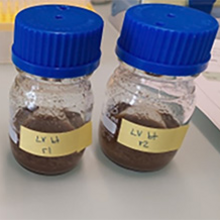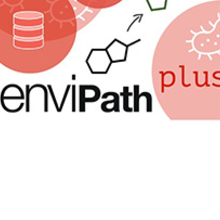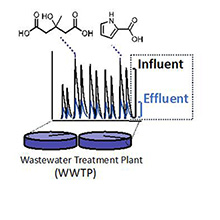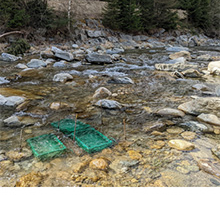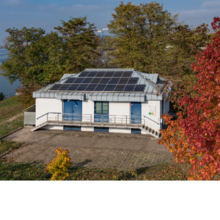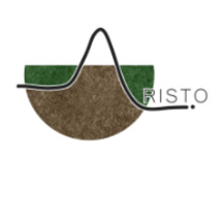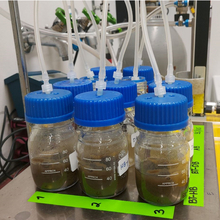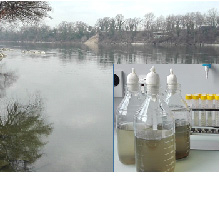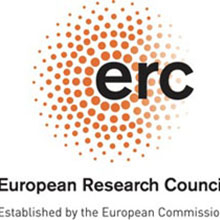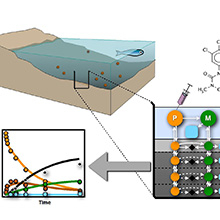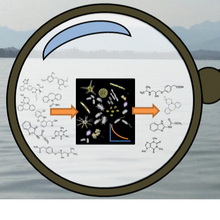Department Environmental Chemistry
Environmental Fate Modeling
The research group Environmental Fate Modeling investigates microbial biotransformation in natural and engineered systems relevant for water quality. Our aim is to develop predictive models for use in contemporary chemical risk assessment. We combine experimental work and data mining to develop novel tools for the prediction of stable transformation products and chemical persistence.
In our experimental work, we investigate the biotransformation of structurally diverse micropollutants in natural communities. We determine rates and products of biotransformation using modern analytical methods and simultaneously characterize the microbial communities in terms of their active functions using molecular biology tools. In our data-driven work, we collect and curate existing biotransformation data (www.eawag-bbd.ch). We then apply methods from Bayesian statistics and cheminformatics to the data to develop improved algorithms for predicting transformation products and biotransformation half-lives in different environmental settings.
















